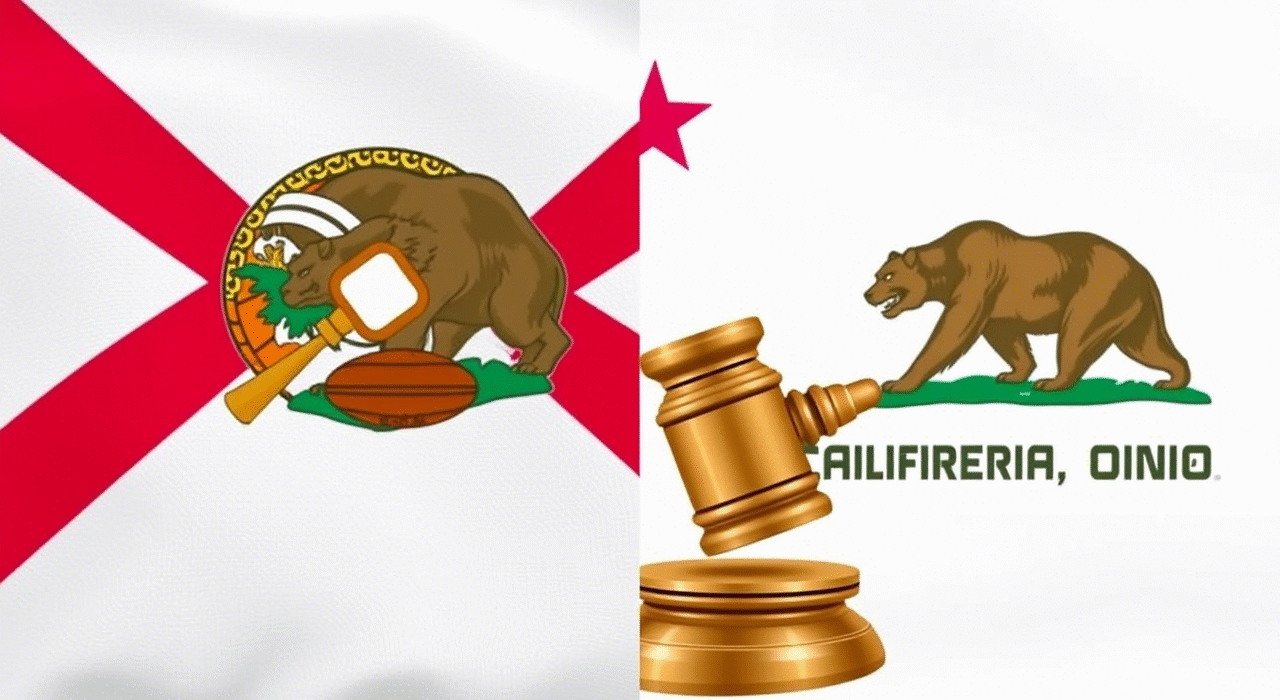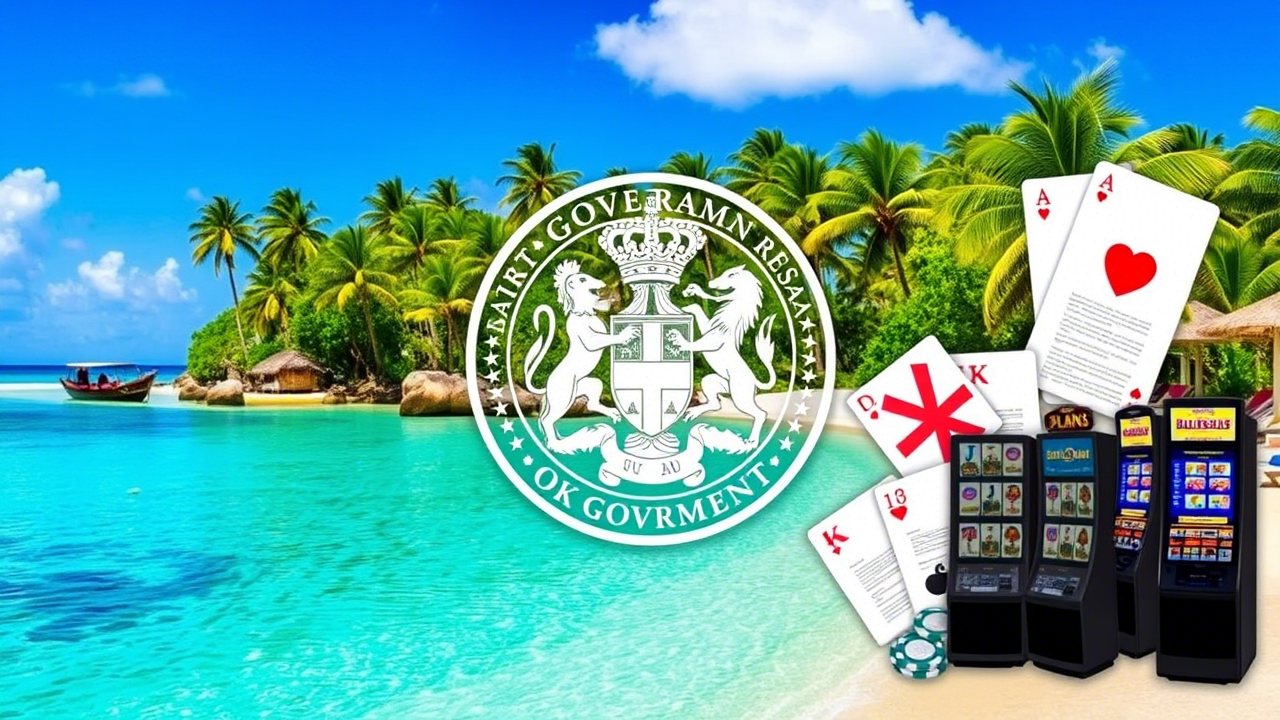🎰 The US Sports Betting Divide: East vs. West
Since the repeal of PASPA (Professional and Amateur Sports Protection Act) in 2018, states across the US have taken wildly different approaches to sports betting. Florida and California, the country’s third and first most populous states, offer a compelling contrast.
Both markets represent billions of dollars in potential revenue. But only one has successfully launched a legal betting framework (albeit contentiously), while the other remains stuck in a legislative tug-of-war.
Let’s unpack the political, legal, and cultural dynamics that make Florida and California the most watched—and most complex—battlegrounds for US sports betting.
📍 Florida: Seminole Power and the Compact Gamble
🏛️ Legal Status: Live (with caveats)
Florida technically has legal sports betting—sort of. The action stems from a 2021 tribal gaming compact between the state and the Seminole Tribe, granting them exclusive statewide rights to offer sports wagering.
📱 The Hard Rock Bet App Saga
The Seminoles launched their Hard Rock Bet app in late 2021, only to have it shut down within a month after a federal court ruled the compact violated the Indian Gaming Regulatory Act (IGRA). The issue? It allowed bets from across the state to be processed on tribal land—raising questions of jurisdiction.
After a long legal battle, a 2023 appeals court ruling sided with the tribe, and the app relaunched in late 2023, marking Florida’s return to the sports betting map.
🎯 Key Characteristics:
- Tribal monopoly: No competition. Commercial operators like FanDuel, DraftKings, or BetMGM are locked out.
- Retail & mobile: Both options are live, but only via Seminole-operated brands.
- Legal challenges continue: Opponents argue this violates Florida’s 2018 constitutional amendment requiring voter approval for new gambling expansion.
🗳️ What’s at Stake in Florida?
Florida’s model is efficient but exclusionary. By striking a deal with a single tribe, the state:
- Avoided a lengthy ballot initiative
- Gained $2.5 billion in revenue guarantees over five years
- Kept tight control over regulatory noise
However, it’s faced backlash from:
- Other tribes seeking market access
- Commercial sportsbooks barred from entry
- Constitutional purists arguing the compact bypasses voters
📈 Market Size:
Florida’s sports betting market is projected to generate $2–3 billion annually once fully scaled. But that potential is currently capped by limited operator competition.
🌴 California: A Giant That Can’t Wake Up
🚫 Legal Status: Not Legalized (despite multiple attempts)
California has long been considered the holy grail of US sports betting—boasting:
- 40 million residents
- A massive base of tech-savvy mobile users
- Dozens of professional sports teams and iconic franchises
Yet, politics and tribal conflict have created a logjam that’s prevented any legalization, even after two major ballot initiatives in 2022.
⚔️ 2022 Ballot Showdown: Prop 26 vs. Prop 27
The 2022 election saw a brutal fight:
- Prop 26: Backed by tribes, allowed retail-only sports betting at tribal casinos and racetracks.
- Prop 27: Backed by commercial operators (DraftKings, FanDuel), proposed statewide online sports betting taxed at 10%.
Both measures failed spectacularly:
- Prop 26: 70% NO
- Prop 27: 83% NO
It was the most expensive ballot battle in US history—over $600 million spent—yet ended in complete gridlock.
💥 Why Did California Fail?
🔄 Tribal Turf Wars
Over 100 federally recognized tribes operate casinos in California. Some want full control of the market. Others fear being squeezed out by larger tribes or corporate giants.
🧠 Voter Confusion
Having two competing initiatives on the ballot confused and alienated voters. The “vote no on both” campaigns were surprisingly effective.
🧑⚖️ Legal Complexity
Even if one had passed, lawsuits and regulatory hurdles would have slowed implementation by years.
🤝 Lack of Collaboration
Unlike Florida’s singular compact strategy, California’s tribes and commercial stakeholders have failed to find common ground—and continue to do so as of 2025.
🧭 What’s Next for California?
There are no active initiatives on the 2025 ballot as of now. Tribal leaders have indicated a desire to wait until 2026 or later, focusing on internal consensus first.
FanDuel and DraftKings have taken a backseat for now, likely licking their wounds from the 2022 defeat. But no one has given up on California—it’s just a question of how and when.
⚖️ Comparative Snapshot: Florida vs. California
| Factor | Florida | California |
| Legal Status | Operational (tribal monopoly) | Not legalized |
| Type of Access | Mobile & Retail via Seminole | No access |
| Tribes Involved | Single dominant tribe (Seminole) | 100+ tribes, fragmented interests |
| Commercial Operators | Excluded | Attempted entry, failed |
| Regulatory Clarity | Improving but litigious | Chaotic and unclear |
| Estimated Annual Market | $2–3 billion | $3–5 billion (if legalized) |
| Likely Path Forward | Stable under Seminole control | Wait until 2026+ for another ballot push |
🎙️ Industry Voices
“Florida’s model is stable, but California’s potential dwarfs everything.”
— Janet Holmes, VP at BetScout Analytics
“We’re learning that you can’t force your way into tribal jurisdictions. It’s got to be collaborative.”
— Travis Boone, Tribal Gaming Attorney
“If California can unify around a mobile-first model that shares revenue fairly, it will instantly become the largest betting market in the world.”
— Elias Nunez, Gaming Policy Consultant
🏁 Who’s Winning?
✅ Florida is:
- Operational
- Earning revenue
- Slowly expanding tribal influence into digital gaming
But its structure limits:
- Market competition
- Consumer choice
- Innovation from third-party operators
❌ California is:
- Dormant
- Politically fractured
- Missing out on billions in tax revenue
But it holds a larger prize if the right framework can be agreed upon.
🧠 What Should Operators Be Doing?
For any sportsbook eyeing US expansion:
- Monitor Legal Challenges in Florida – A Supreme Court case could flip the script again.
- Invest in Tribal Relations in California – Coalitions will decide the next push.
- Push for Voter Education – Ballot confusion is fatal; clarity wins hearts.
- Develop Flexible Tech Stacks – Regulatory frameworks differ state by state. Adaptability is survival.
🔮 Final Take: A Tale of Two States, and Two Strategies
Florida has gone the exclusive tribal route—fast-tracked and functional, but locked down. California has tried the democratic route, but tripped over its own complexity.
One is making money. The other is making noise.
But in five years, when tribal alliances shift and voter sentiment matures, don’t be surprised if California leapfrogs ahead.
The market is just too big, too valuable, and too inevitable to remain dormant forever.











